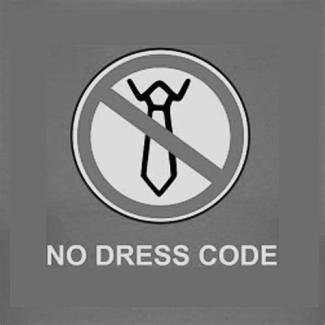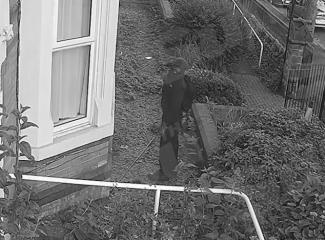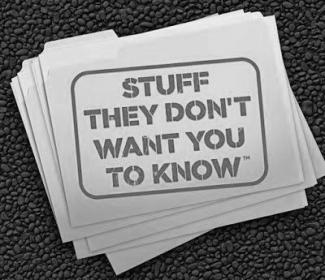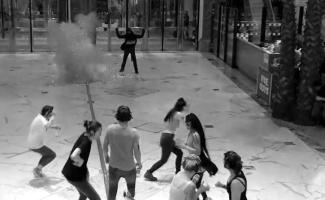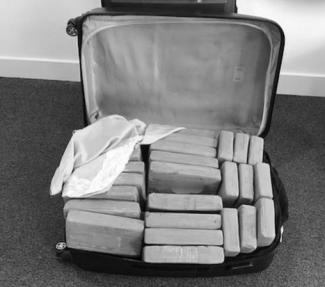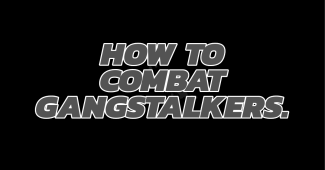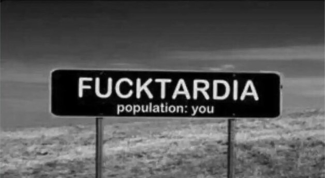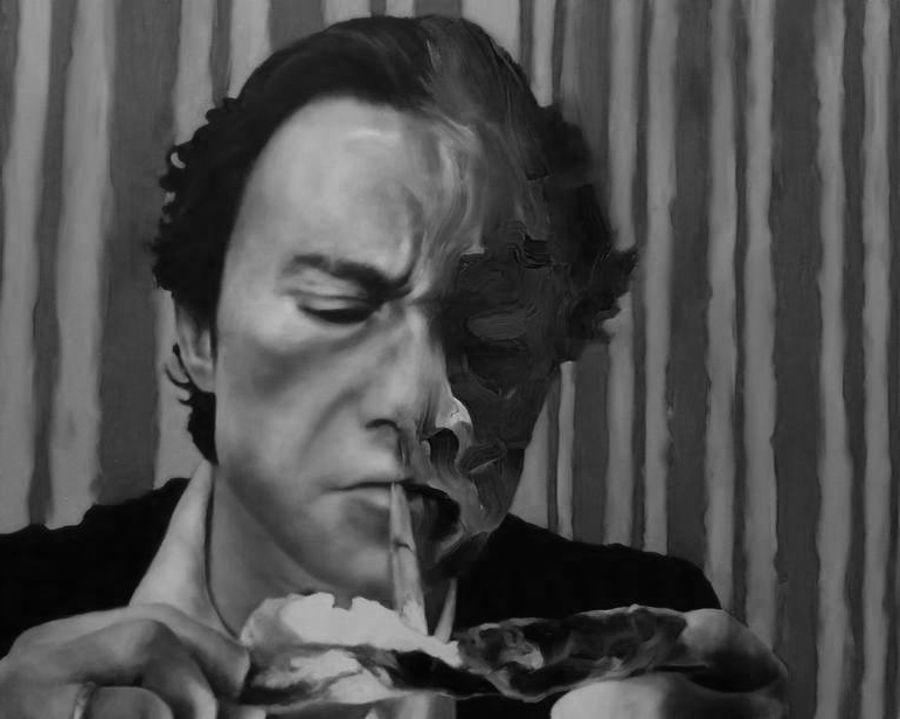
Another one for the road? Sure I've not got far to walk - only to the car.
PDF Version
The nightlife of most cities runs on a high octane cocktail of intoxication and emotion. The individual ingredients generally include a healthy concession to drugs. Trustees of modern pharmacology account for a substantial percentage of the public who frequent premises with an entertainment license. Often the patrons are not the only ones under the influence.
Just like the police most security personnel have families and people who depend on them. The constant threat of injury and permanent impairment invariably leads to some form of psychosis. This dysfunctional state of mind is often represented in their social lives. Being polite but firm generally doesn't cut it when a premenstrual partner is determined to provoke a reaction. Furthermore the refusal to be dragged into an emotional exchange is usually interpreted as a detachment based insult. Likewise the efforts of a day job employer to assert dominance will generally be rebuked which renders the employee as a liability in terms of control. Over time, a consistent refusal to be dragged into confrontation is perceived as being utterly impenetrable and unmanageable. The plain truth is that very few of these workers are anything even approximating uncontrollable. They simply do not consider engaging with confrontation to be worthwhile, unless they're being paid for it. Having been broadly exposed to berserker mentality, they have been made aware of the obsolescence of berserkers in contemporary society. Unfortunately contemporary society relies very much on regular conflict in order for various clandestine organisations to communicate their user requirements. It is not uncommon for marriage guidance counselors to advocate a step back during a confrontation. Married couples are encouraged to see past whatever the fracas is about and consider what is really upsetting their partner. In much the same way, office politics and workplace conflict is generally a complex lattice of ego based intransigence and vendetta. Unfortunately there is a propensity among persons involved with the clandestine community to co-opt confrontations and use them as a conduit to express their secretive desires. This undoubtedly accounts for a great many of the facial scars worn by Glaswegian men of either sectarian faction.
It is from such an environment that TEFLONRABBIT was manufactured. The production line included all major aspects of fabrication. The raw materials were represented by a sometimes highly volatile torrent of public exuberance, varying venues and a steady stream of new recruits. As with any 'Gig Economy ' occupations, the needs of the average security worker vary from offsetting academic costs to financing a new car. The unannounced immersion in live situations propels them into an occupation outside the purview of the average part time worker. The capabilities of the end product are literally hammered out during the 'on the job' training. Quality control exists in much the same format as in any militarised environment. Either the FNG rises to the challenge or they go one of two ways. They either get injured and give up, or they give up before they get injured. Those that get injured and return represent something quite different. Repetition of this quality control can also go in different directions. Seasoned battle hardening has the potential to lead to sociopathic behaviour in the workplace. Those who pursue such employment on a full time basis can often become 'always on'. They will develop an inability to detach from a mindset of responsibility when they are in a crowded environment. Such a frame of mind is apparently, a valuable commodity in the shadowy world of unacknowledged clandestine operations. It is however a recognised symptom of the conditions broadly classified as PTSD. The true figures of exactly how many security staff and police suffer from these conditions is barely acknowledged. Some research indicate that the entirety of any urban police force is highly likely to be experiencing these conditions and continue working without diagnosis or treatment. When the author decided that the symptoms were blatantly risking his liberty, he sought medical assistance. This was provided by the local health authority by way of immediate medication and a booking for some counselling.
Beta blockers are highly effective at capping heart rates and adrenaline releases. Unfortunately security work often requires adrenaline by way of a coping mechanism. Fighting under the influence of any mind altering substance can be unpredictable but beta blockers create a particularly alien environment. Without adrenaline, engaging in close quarters combat becomes a highly detached experience. A comparison would be felling trees with a chainsaw. Ultimately there is a very real risk of serious, if not fatal injury. Nonetheless an experienced forestry worker navigates the risk and forgets about it when they finish work. In security work, the fact that every one else is riddled with adrenaline and even some dutch courage, makes tranquilised security work really quite surreal. The discourse would be roughly along the lines of:
Them: Fuck you, you're a cunt. A fucking cunt, fuck you cunt. You're a cunt, cunt cunt cunt..... CUNT! ( with accompanying finger waved in face)
Us: You know Jack, I totally get it. From your perspective I totally am a cunt. I fully accept that my refusing you admittance represents a cuntish thing to do. But that's just the way it is. I don't know you, you may be a good guy, you might not. But we're full and there's nothing I can do about that. So you still can't come in and that's all there is to it. So where do we go from here? Do you really want to ruin your entire evening with this rather unpleasant fracais, or do you think that maybe trying the place round the corner might be a better way to go?
Them: Ehm ... well ... YOU'RE STILL A CUNT!!! (slowly shuffles off in direction of - round the corner)
As illustrated, the average consumer really isn't ready for tranquilised security staff. Far better to be completely sober, or failing that under the influence of drugs other than beta blockers. Cocaine is massively compatible with security work. Unfortunately its presence probably creates more violence than it's absence.
Them: Excuse me, where's the cloakroom?
Us: What the fuck did you just say to me? I'll show you, you little cunt. Fuck you (forcibly remove them from premises by scruff of neck)
Marijuana generally chills everyone the hell out which is a good thing. In addition it probably accounts for a major treatment vector in the aforementioned pandemic of PTSD. Among the patrons it can even lead to delusions of eloquence.
Us: How you doing man, got any ID there by any chance, sorry to ask but the boss has been busting our balls recently and with the police and stuff ... so we need to ask you for identification.
Them: Such as?
Us: You know, the usual thing. Drivers license, passport, authentic student card etc etc.
Them: But you know, that's like a really abstract way to measure anyone's personality. I mean what difference does it really make?
Us: Yeah but that's just the way it is, we don't make the rules dude. We just get paid to stand here and say this shit. So I'm thinking that you don't have any ID then?
Them: That's not relevant my good man. We're all respectable people and we have jointly decided to bestow your premises with our patronage on this evening. Kindly permit our ingress that we may appraise your facilities and ...who knows, perhaps recommend them to our acquaintances ....
and so on.
Hallucinogens such as Psilocybin or LSD are particularly awkward when it comes to intimidation or hand to hand combat. The sheer magnitude of the confrontation is highly alarming when the senses are addled with hallucinogens.
Us: Here, what's that your hiding under your sleeve. (Paranoid stare) Don't fuck about, show me right now. Quickly .. this guys got a blade .. (Instantaneous adrenaline releases all round)
Them: ....(Embarrassed stare)
Us: Oh Jesus the guy's got a false arm. Look I'm really sorry. Please go through as my personal guest, very sorry about that ...(sweating).
Ecstasy / MDMA is even worse. Unsurprisingly taking 'the love drug' and getting into fist fights is not a very pleasant experience. In fact it's horrendous.
Us: Sorry not tonight friend, regulars only. Maybe try midweek when we're less busy.
Them: Fuck you! You're getting it right fucking here - right fucking now, We're gonna fuck you up permanently. You fucking prick. Are you ready fucko ... this is it, right now and ... like .... here. Fucking come on, fucking fucker ....
Us: But look man, we're all conscientious ambassadors of the globe. Just.. you know, like people and stuff. Can't we all use reasonable communication instead? I implore you as my fellow human being to rise above this pointless antagonism (forthright expression) ....
Them: ... ... ... .... (thinking)...... (frowns) ..... ..... Fuck this, fucking waste of fucking time, these fucking fucks won't even fucking fight with us. Oh and fuck you - cunts (stamps off in direction of - round the fucking corner)
Us: Phew .. (sweating)
Having never succumbed to the shackles of regular use of opioids , the author can not comment on it's usage in security work. However it's unlikely to be particularly prevalent in any city which has any substantial numbers of users. Glasgow has literally tens of thousands of heroin addicts, many of whom use the nightlife as an opportunity for begging. Chasing slash marked junkies away from a queue of shivering 18-30 revelers doesn't make for a particularly good advert when it comes to the allure of heroin chic. Ultimately most licensed premises have a reputation of some kind. Being associated with such a demographic does nothing to attract the fickle 'in crowd'. These establishments generally have high rents and business rates to meet. Juggling the essential ingredients of door and stage requires that a keen eye be kept on the caliber of the patrons.
According to licensing regulations management must endeavor to refuse admittance to 'persons of known bad character'. But assessing someones character during a thirty second interaction is far from an exact science.













